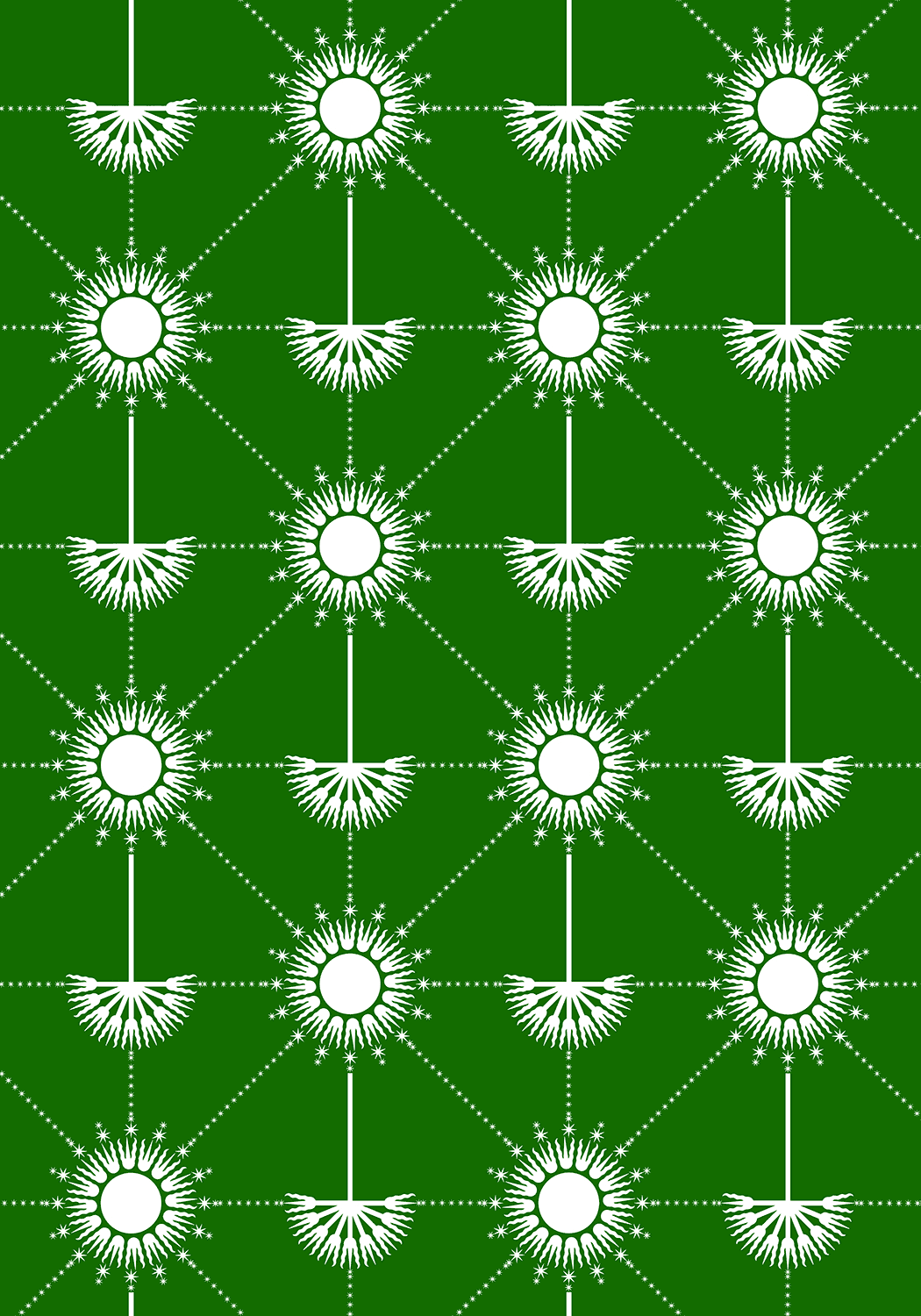Press Release
It is striking how popular the hobby of growing plants has become in recent years. Instagram is filled with photos of interiors decorated with potted plants (succulents seem to be particularly well liked), new blogs devoted to plant care crop up almost every day, and urban gardening is constantly on the rise. What is the reason behind this increased interest in the domesticated natural world? In his essay “On Lyric Poetry and Society,” Theodor W. Adorno claims that nature becomes sacralized because of the individual’s alienation in a capitalist society, causing him or her to seek a place of escape. What is more, the prestige of nature increases in periods of political disaster, when hopes for a revolutionary societal transformation have been let down. Nature becomes an area in which the alienated individual finds a relief. While it does not eliminate the underlying cause of the poor mental state, contact with flora calms one down. Yet is such a vision of nature—as a completely depoliticized means of improving our mood, a perfectly functioning consumption object—the only one we have at our disposal? Definitely not!

Floraphilia. Revolution of Plants
Biennale Warszawa, Warsaw (Poland)
25.10 - 29.12.2019


Design: Jakub Woynarowski / Biennale Warszawa.
The exhibition Floraphilia. Revolution of Plants frees the world of plants from the reactionary context of interior design magazines and eco-
The unique architecture of the exhibition strengthens the ritualistic, communal and scientific themes present in the artworks. Tables covered with cloths, like altars, emphasize the need to go beyond the instrumentalization of nature based on the disenchantment of reality: selected religious or shamanic beliefs go hand in hand with the discoveries of modern science, showing plants as much more complex organisms than it could seem. Tables and chairs encourage visitors to spend more time in the exhibition space: see the works, read the publications, and talk about them with other visitors. It is an attempt to introduce a different type of temporality into the exhibition space, one that would be closer to the slowly developing world of plants and in opposition to the usual practices of viewing exhibitions. The exhibition space constructed in such a way also brings to mind a meeting place of a mysterious sect, which sees the practices of observing and examining plants as the beginnings of a future revolution.
Artists: Agency of Singular Investigations (Stanislav Shuripa, Anna Titova), Magda Buczek, Igor and Ivan Buharov, Saddie Choua, Ruth Ewan, Dagna Jakubowska, Cecylia Malik, Katrin Mayer, Bianka Rolando, Beatriz Santiago Muñoz, Åsa Sonjasdotter.
Exhibition October 25 -

© ArtCatalyse International / Marika Prévosto 2019. All Rights Reserved